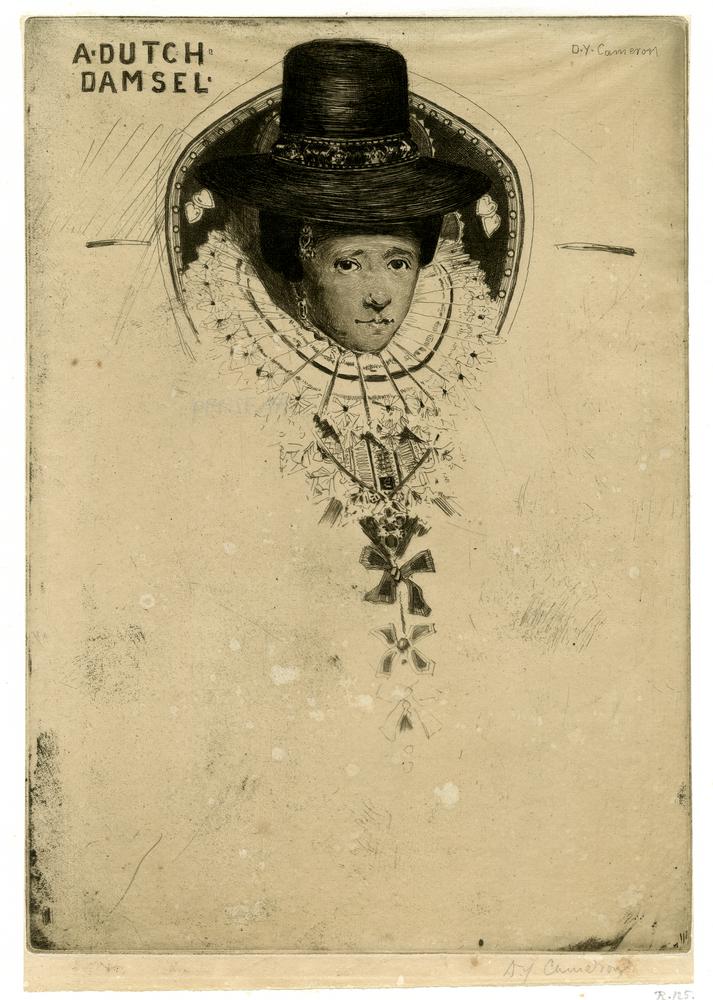
Geschicte sits on skirts cast over knees in Weiß-blau
Markings, earthenware imitating oma’s teacup and saucer sets.
Blossom drawings bloom—little frolicking frau, little working männer
Gather for Zuhause, a flood of salts, spices, rices, “other” oranges
That wait von heute on my white tableware, by “fair”
Laws, but nicht dan—not then.
Kinship with oma und opa’s homeland is
Nach nehmen, a name, of strypan nation and station
In translation: Goods? Stolen. Land? Stolen. Culture? Stehlen.
For when I ask for Dutch dinner nasi, the packet looks back at me
Indian spices, Chinese rice, an African American cook
Unforgiving of this theft ohne translation.
If I can’t buy op zondag because of religion
Does this not hold the Crusades and Indigenous verletzen?
Re-formation by breaking land on the same grounds of gebeten?
When I take a church service pew droopie, dark licorice, sugar und salt,
Were the harvested reeds not einmal from plantations?
Bodies as beaten as the stalks for production?
If my name, Langendoen, means slow down
Does the Dutch bedeuten not say, “hard man” ebenfalls?
Highlighting Geschichte verdamnt that is both black and Weiß-blau?
And so I say, blonde hair and blue eyes, Langsame nach unten
Hart Mann: slow down, hard man; I’m asking
What am I to do with my history?
KAITLYN LANGENDOEN is a fourth-year English and Creative Writing major at York University. She has been writing myths and fantasy stories for as long as she can remember but has the most fun with experimental forms of poetry.